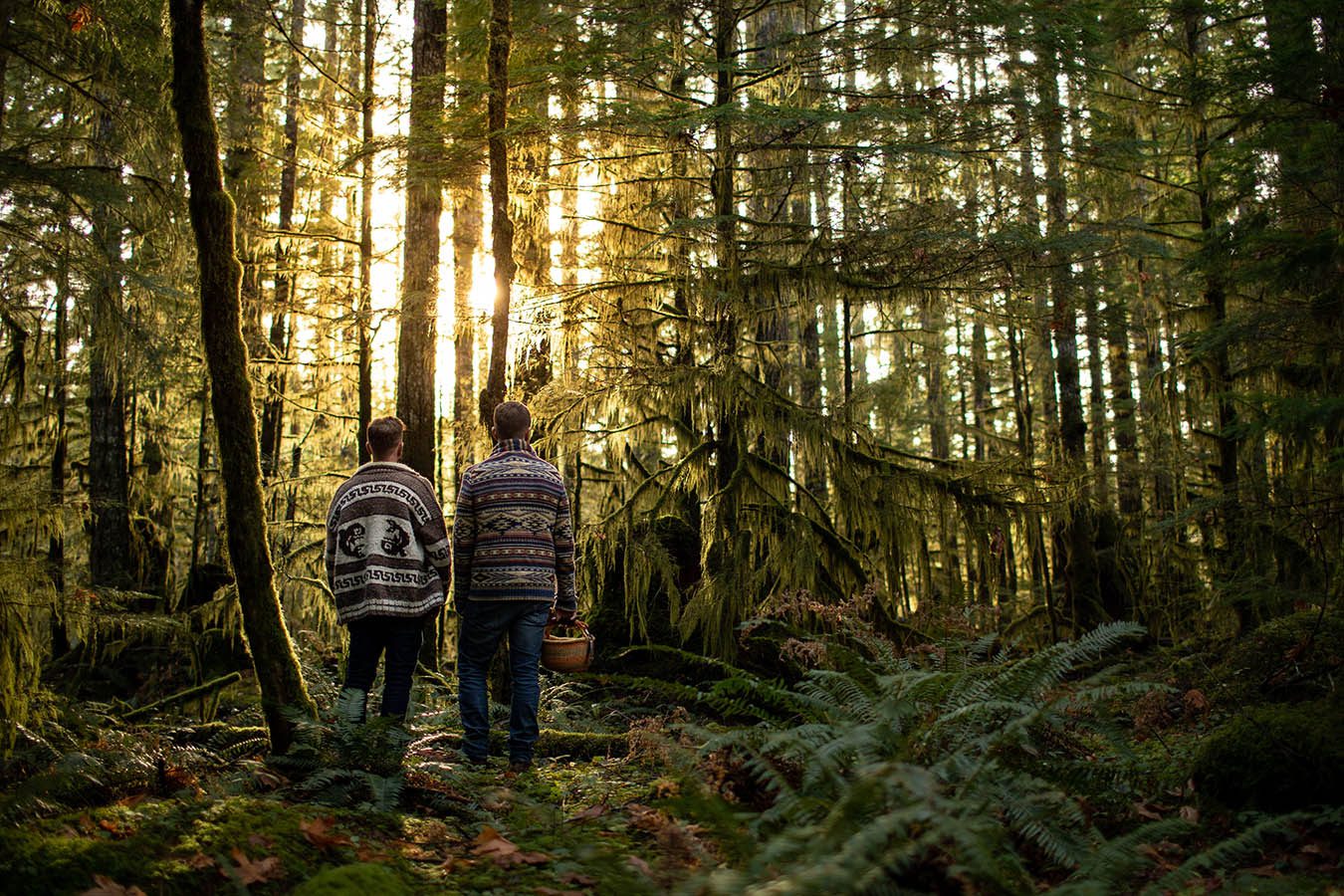Important Things to Know
Go with the slow and travel mindfully to ensure safety for you, Cowichan residents and the environment.
Remember to Leave No Trace when visiting Cowichan. Please dispose of your garbage in proper receptacles and separate your recycling. Littering fines are as much as $2,000.
Respect the terrain, environment, and other users while enjoying the trails. @bcadvsmart is a great resource to help you get informed before heading outdoors. Remember to follow the #LeaveNoTrace principles.
Follow the 3 T’s
- Trip Planning
- Training
- Taking the Essentials
Visitors to B.C. should understand the possible dangers in or near B.C.’s lakes and rivers. These include sudden drop-offs into deep water; unexpected, underwater obstacles; and unstable or slippery rock edges above cliffs and waterfalls. Waters in B.C. are also frequently much colder than in other countries or provinces. If you are hosting someone from out of town, be sure to warn them of these potential hazards.
Water Safety Tips
- Always bring and wear a PFD
- Avoid alcohol or drug consumption
- Understand the water conditions
- Never swim alone – always have a buddy
All of BC is considered wildlife country. Know what type of wildlife, and their season, you are likely to encounter while recreating and take the necessary steps to avoid an encounter. If you do encounter wildlife, ensure you’re prepared to know how to react appropriately. Taking wildlife safety training is a good idea. Specific knowledge about bear, cougars and other species will allow you to carry out your job safely. Carry bear spray with you at all times. Bear spray is effective against all large mammals and should be your first choice as a deterrent. Ensure that you keep the bear spray accessible regardless of your activity. Learn more about bear spray and watch our safety video.
When exploring trails or camping, check for recent wildlife alerts or notices that may be posted on the campground websites. When you arrive at your location, check the local Visitor’s Centre for recent information. Often mid-day is a good time to avoid many types of larger predators and conversely, dawn and dusk, are inopportune times to be in the area. Certain sports, like mountain biking or running, increase your risk of encountering wildlife (due to your speed and lack of sound) – recognize this and increase your vigilance. Wildlife avoidance is better than having to deal with wildlife directly. Whether it is a bear, cougar or a defensive cow moose, it is always better to have avoided a confrontation than to have to try to survive one.
Things to Consider
- Plan ahead, and know the wildlife behaviours
- Take wildlife safety training
- Carry bear spray with you at all times
- Avoid certain activities and times during the day
When visiting the waters of Vancouver Island and Cowichan, please learn and abide by the Marine Mammal Viewing Best Practices by clicking the link below.
Weather events and natural disasters can cause unexpected changes to trip plans. Always check DriveBC before you hit the road, and know your route ahead of time. Pack extra water, snacks and an emergency or first aid kit.

Prevent and Report Wildfires
Forest fires and wildfires are a major threat to British Columbia’s forests. During your travels, make sure you follow the necessary protocols to prevent and report wildfires. Visit the provincial government’s Wildfire Service webpage for information on wildfire activity, prevention and fire restrictions/bans or consult the campgrounds you plan to visit before your stay.
Plan Your Trip
Cowichan is the warm and authentic, yet unexpected place you are looking for – plan your trip here.
plan your trip